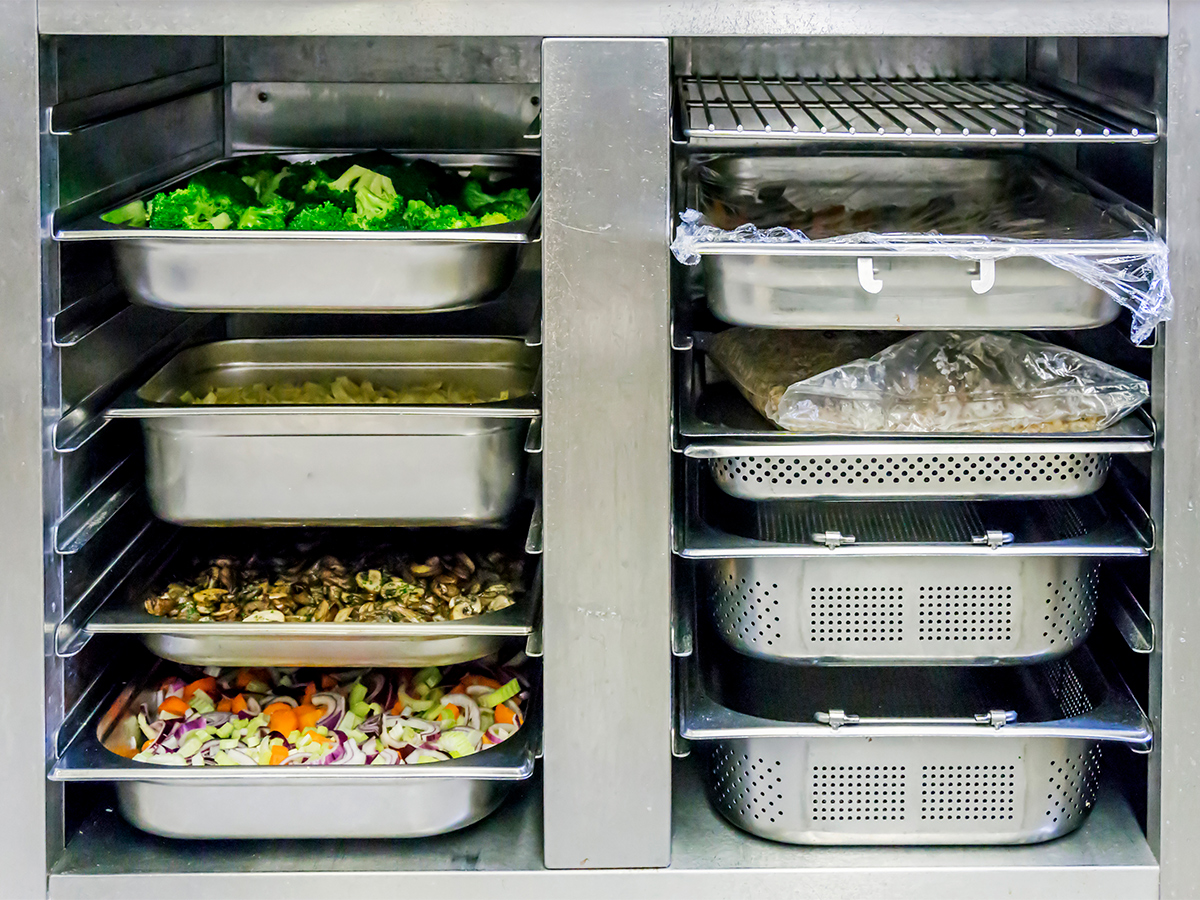Serving up safe food handling research

When you’re dining out and the meal arrives at your table, you’re not usually expecting much more than a satisfying, tasty dish. But if the restaurant workers aren’t following safe food handling practices, a food-borne illness – whether of short duration or something more serious – can be what you’re served.
Ryerson University professor Ian Young from the School of Occupational and Public Health has completed systematic reviews of food handling-related research, examining what impacts the behaviours of people whose job is working with food.
The reviews have found that knowledge of safe food handling practices is important, but it’s not the only factor that can shape behaviour. Attitudes towards food safety, risk perception, social influences, management support, company policies and personal confidence can all significantly impact whether or not best practices are being used in food preparation and storage.
Professor Young says the findings can help to inform the development of targeted training and education initiatives for food handlers. The recommendations he and his colleagues have put forward include management support for food safety and putting into place policies, including written ones, to help guide restaurants. Examples include encouraging sick employees to stay home and rest rather than handle food while ill, or placing handwashing sinks in an easily accessible location.
Reinforcement strategies can also be helpful, says professor Young. For instance, an internal award system can help encourage workers to pay attention to food safety requirements. There is a lot at stake when eating out if your meal is carrying the potential to spread illness due to unsafe food handling.
“There is a significant burden of food-borne illness in Canada,” said professor Young. “There’s about four million estimated cases each year.”
That comes with thousands of hospitalizations, lost work days and other health care costs, he says. While many of the cases spring from at-home practices – something else professor Young has studied – there are many documented cases of restaurant-sparked outbreaks. The World Health Organization (WHO) estimates almost one in 10 people in the world, about 600 million, fall ill after eating contaminated food each year, and 420,000 die each year. Worldwide, the impact of unsafe food on low- and middle-income economies result in about $95 million in productivity losses annually, according to WHO estimates.
In addition, professor Young notes that while for many people, food-borne illness is a temporary inconvenience, there is research that shows it can sometimes lead to long-term chronic illnesses, like reactive arthritis.
Professor Young and his research team investigated the issue by carrying out a systematic review and meta-analysis of 62 studies into the subject. The findings were published in the International Journal of Environmental Health Research. All studies included in the review gathered primary quantitative data and were published in peer-reviewed journal articles or other research documents, including reports, dissertations and theses, and conference proceedings.
Funding for this research has been provided by Ryerson University grants and in-kind support and collaboration with the Public Health Agency of Canada.